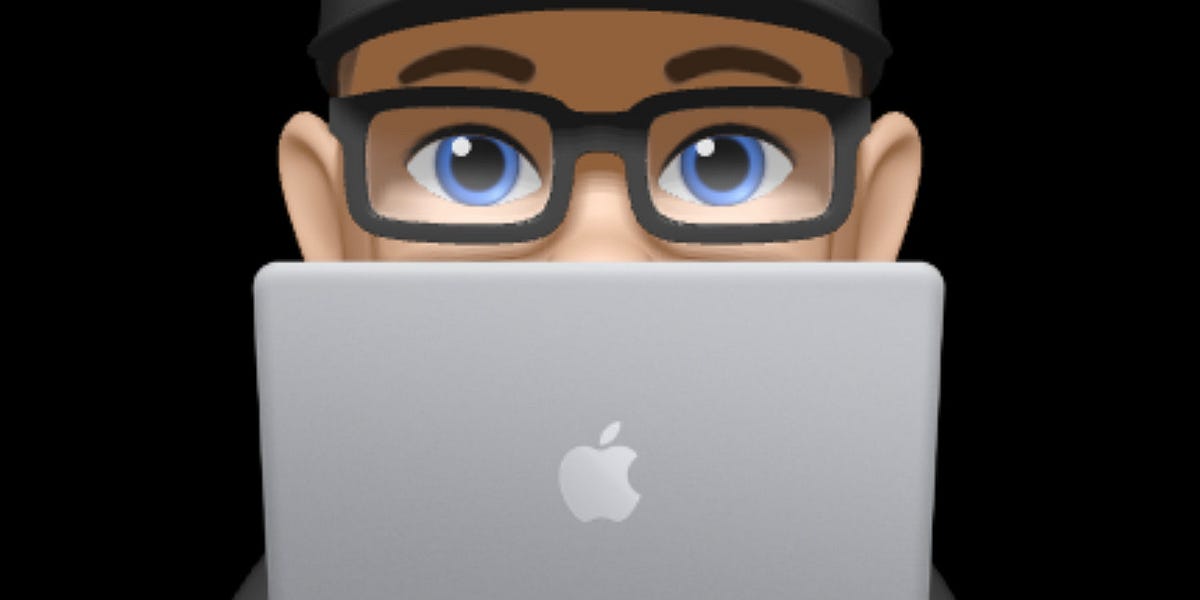Blog post by Fred Rossi.
Explaining to friends, family, partners why you can’t just “push through” or “try harder” or “think positive.” They see someone who looks fine (most of the time) declining invitations, skipping events, disappearing from social life. They don’t see the internal accounting that goes into every decision.
I’ve found economic language helps people understand. […] The math is impossible before you even consider having a life.
When healthy people “push through” tiredness, they’re tired afterward but recover quickly. When we push through PEM, we’re actively harming ourselves. It’s not building stamina or resilience. It’s more like running a marathon on a broken leg. You’re causing real, measurable damage that compounds over time.
This isn’t about willpower or attitude. This is about disability management and harm reduction. You’re not declining their invitation because you don’t care about them. You’re declining because accepting might cost you the ability to work your next shift, or feed yourself tomorrow, or maintain the baseline function you desperately need to survive.
Let me tell you what working even a reduced schedule does to your social life when you have PEM: it obliterates it.
I work two days a week. Two. That’s it. And it consumes everything.
Where exactly in this schedule am I supposed to see friends? Go to social gatherings? Maintain relationships? Have a life?
The answer is: I don’t.
This is what people on the outside don’t understand. When they say “but you’re only working part-time,” they think that means you have all this free time. They don’t understand that the “free time” is actually recovery time. It’s not leisure. It’s not available for social activities or hobbies or the things that make life worth living. It’s medical necessity disguised as empty calendar space.
The cruel irony is that working might be preventing the rest and pacing that could potentially improve their condition. But not working means poverty, loss of insurance, social isolation, and the complete erosion of identity that comes with losing your career. There’s no good choice here. Just impossible ones.
The people in your life not understanding PEM doesn’t just make your social life harder. It makes your illness worse. It’s not just about hurt feelings or missed parties. It’s about whether you have the support network you need to survive this thing.
When the people in your life don’t understand PEM, they’re not just failing to understand a symptom. They’re failing to understand the central mechanism that governs your entire existence. They’re missing why you can’t just meet them for a meal, why you can’t work full-time, why you can’t be the person you used to be.
The brutal truth is this: living with PEM means making impossible choices every single day. Work or social life. Basic functioning or relationships. Today’s activity or tomorrow’s capacity. And when the people around you don’t understand the calculus you’re doing, they interpret your careful management of a disabling condition as character failure.
We don’t have the energy to keep making this case. Which, if you think about it, is rather the whole problem.

